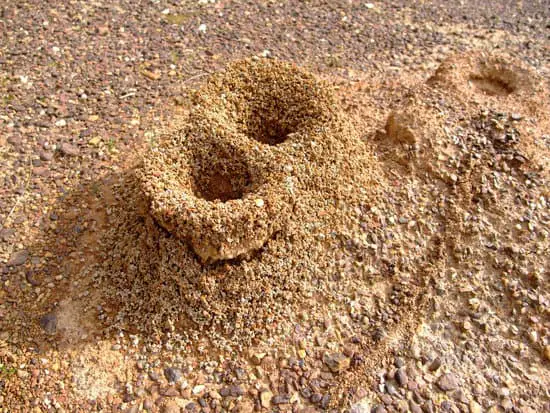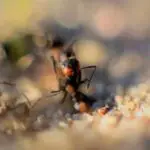How Can Ants Freeze to Death in the Winter?
During winter, ants will change their habits and enter a state of hibernation. However, there are some species of ants that are adapted to cold temperatures. Despite the fact that ants can survive the cold, they are still at risk of freezing to death.
During the winter, ants will store fat under their skin layers. They will also produce a special substance called glycerol. This acts as an antifreeze in their body. This substance will prevent the formation of ice crystals and will protect the tissues of ants. However, glycerol is not a 100% effective antifreeze.
Some ant species enter diapause, a phase of slow growth, when the temperature drops below 50 degrees Fahrenheit. However, ants cannot survive temperatures below 0 degrees Celsius.
A cold coma is another ant phenomenon. During this stage, ants will stop all activity, including the production of pheromones and releasing their scent trails. Their body temperature will then drop to a point where they will stop moving, become sluggish, and die. This stage of ants can last for several hours or even days.
Unlike mammals, ants can move freely during ideal temperatures. They can store sugar as glycogen under their skin layers to provide energy. However, the sugar can be used up in a short amount of time, resulting in a loss of energy. This is why ants have evolved several strategies for winter survival.
They may also develop a glycerol-based antifreeze, which prevents the cells from freezing. This substance is produced by carpenter ants.








